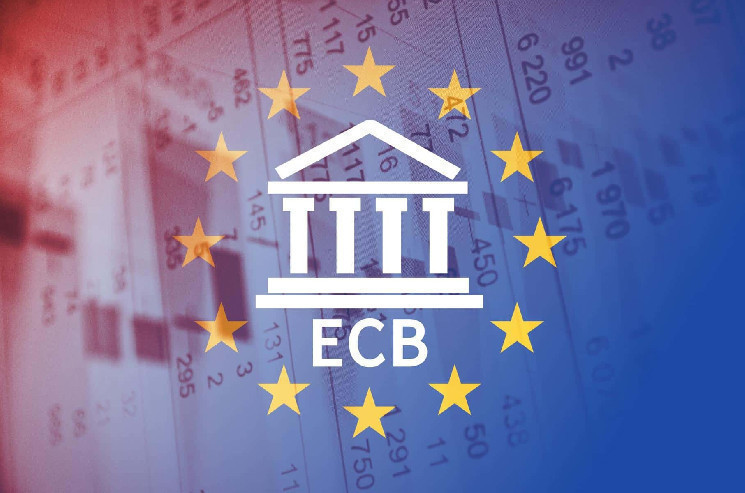
- Dominik Schiener, IOTA’s founder, has called out the slow pace of blockchain adoption in the EU.
- Experts warn the EU may fall behind if its crypto policies do not change soon.
The debate over the future of digital currencies in Europe is heating up. In a recent X post, IOTA co-founder Dominik Schiener strongly criticized the European Central Bank’s (ECB) digital euro proposal.
Schiener is concerned about the ECB’s reluctance to fully adopt blockchain technology, fearing it could hinder Europe’s competitive edge. He believes this hesitation could cost Europe in the global tech race.
Trump’s Global Push for Dollar-Backed Stablecoins
While Europe considers a digital euro, the U.S. is pushing ahead with stablecoins, digital currencies tied to the Dollar. These dollar-based digital currencies are a focus for President Donald Trump, noting that he wants them to grow globally.
In a new Executive Order, Trump called for stablecoins to be promoted as part of a larger plan for cryptocurrency. An ECB member, Piero Cipollone, noted that Trump’s move could lure customers away from European banks.
This has led him to push the ECB to consider launching a digital euro to stay competitive. The digital euro is a Central Bank Digital Currency (CBDC). It would work with a digital wallet, enabling people to make payments without a bank account.
This could make financial services more accessible to those without traditional banking.
However, it would be managed by private companies, not leveraging blockchain technology. Banks are concerned that they could lose customers and revenue if people can store money in digital wallets backed by the ECB.
Opposition Grows Against the Digital Euro’s Plan
Dominik Schiener is frustrated with Europe’s approach. In his post, he said it is incredibly disappointing to see Europe avoid using blockchain in its digital euro plans. He argues that Europe should prioritize blockchain and other technologies, like Artificial Intelligence (AI), to stay competitive.
Schiener warned that Europe risks falling behind other regions like the U.S. and Asia, which are attracting the best tech talent and companies.
As we discussed earlier, German politician Joana Cotar also spoke out against the digital euro, saying it is unclear what benefits it would offer.
She believes Europe should focus more on decentralized digital currencies like Bitcoin (BTC). The region needs to focus on technologies that give people real financial freedom.
Countries like Nigeria, Jamaica, and The Bahamas are already rolling out their digital currencies. Meanwhile, the ECB is still waiting for approval from lawmakers to move forward with the digital euro.
Schiener’s criticism highlights a broader frustration with Europe’s slow pace of technological adoption. Global tech companies and blockchain innovators are moving to more progressive regions. Experts caution that Europe must decide whether to embrace innovation or risk falling behind.
Europe’s digital currency ecosystem’s future is still in the air. Experts believe the decisions made now could determine whether the EU stays competitive or gets left behind.
